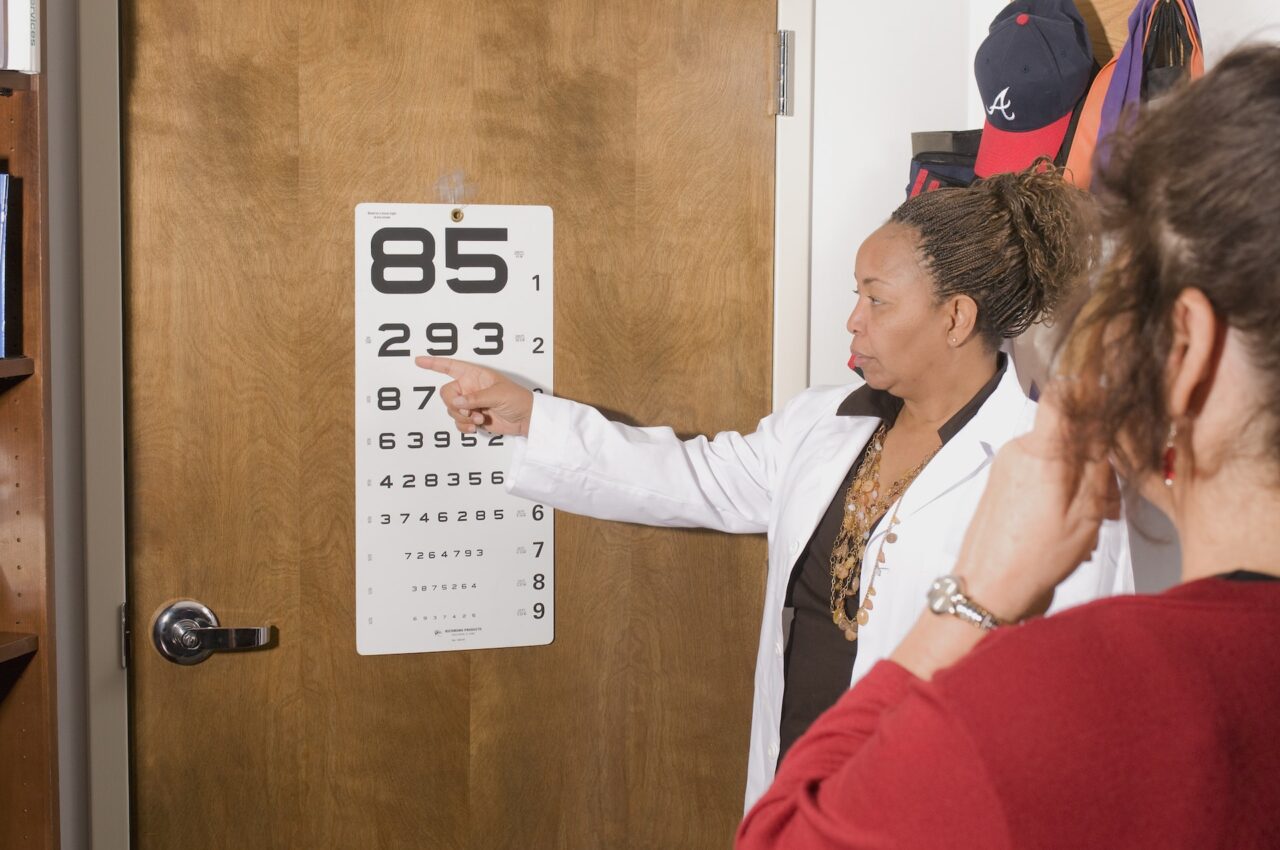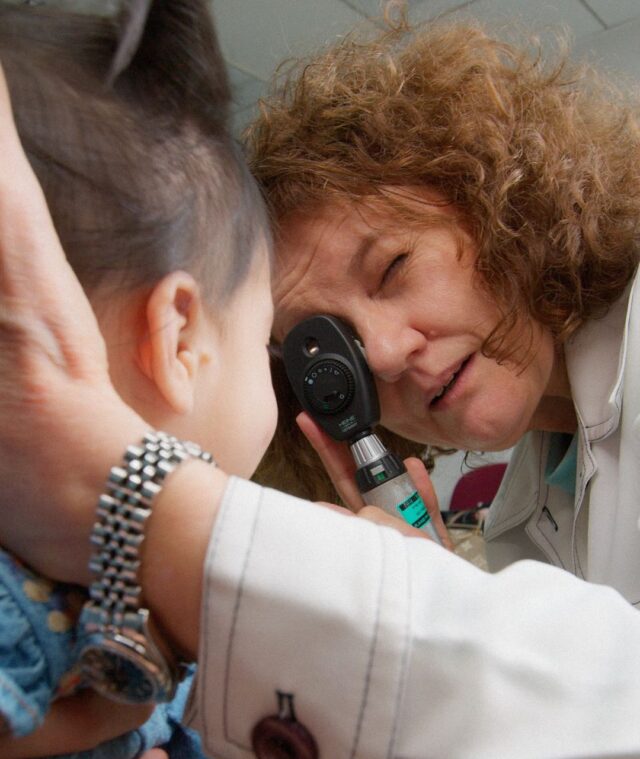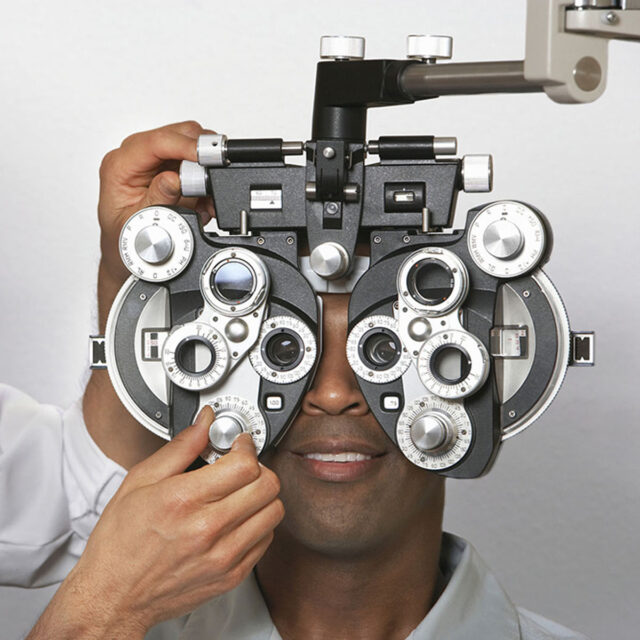Your sight is precious. Just like all other elements of your health, looking after your eyes should be a priority. To do this, you’ll need the help of an eye doctor.
If you’ve never visited an eye doctor before, it can be difficult to know where to begin looking for one. Perhaps you are confused by the difference between optometrists and ophthalmologists. Which one do you need?
Or perhaps you have other health conditions that impact your eyes and are wondering where to find an eye doctor who knows and understands. Or perhaps you just want to find the best all-round eye clinic to look after your whole family’s eye care needs.
This post will cover the basics and leave you feeling confident that you’ll be able to find the very best eye doctor in Dubai.
What kind of eye doctor do you need?
You may have come across listings for optometrists and ophthalmologists, as well as the more generic term: eye doctors. These terms have similar meanings: these are all people who can help look after your eyes, but there are distinct differences between them, too. This lies in the qualifications they have and the types of treatment they perform.
In many eye clinics, it is likely that you will find a combination of optometrists, ophthalmologists and assistants working as a team to best serve the needs of their patients.
Ophthalmologists
Ophthalmologists offer medical eye care and are licensed surgeons. Having been to medical school, ophthalmologists have also received several years of further training in eye health and eye surgery. They can offer the following:
- Eye surgery i.e. for trauma, cataracts, glaucoma, eyelid disorders, corneal cross-linking for keratoconus, and more
- Medical eye care for trauma or conditions like glaucoma
- Diagnostics and treatment of eye conditions
- Full vision services including eye exams
Optometrists
Optometrists offer similar services to ophthalmologists in some respects but they do not perform surgery. They have also spent many years in a professional program and are doctors of optometry. An optometrist usually offers the following services:
- Eye examinations and vision tests
- Prescribe glasses and contact lenses where necessary, including specialty lenses such as Ortho-K and Scleral Contact Lenses
- Treat conditions like nearsightedness, farsightedness and astigmatism
- Diagnose and treat some other eye conditions
How to choose an eye clinic
Now that you know the difference between ophthalmologists and optometrists, you probably have a much better idea of which you need to see. In most respects, it is best to choose a clinic that offers a variety of services, including surgical ophthalmology. This way, you know that they can meet all your future needs with one team of eye doctors.
Here’s how to choose the best eye clinic.
Qualifications, registrations and experience
You want to know that your sight is in good hands so always check the expertise of eye doctors.
Good eye clinics should be transparent about the qualifications and expertise of their staff. Look on their website and their ‘about us’ or staff profiles page. Do they list qualifications, licenses and previous experience clearly?
Look out for information about when and where they got their medical degrees and other professional qualifications. If they have been practicing for several years, look for evidence that they are continuing to update their professional knowledge. This might be through attendance at conferences, by adding further certification, through teaching, or through the presentation of their own research. This way you know you’ll be receiving the most informed, up-to-date treatments.
Services Offered
All eye clinics will offer general eye examinations. If you have no overwhelming concerns, then an eye exam with an optometrist (or ophthalmologist) is a good place to start. They can give you a full picture of your eye health and alert you to any concerns they may have. They will also be able to suggest any treatments you would benefit from.
If you have specific conditions that impact your eye health, such as diabetes, then you need to ensure that your eye doctor is specialized to give you the very best care. The same can be said for patients with pre-existing eye health issues like cataracts or dry eye disease. Remember that only ophthalmologists can offer surgery. Also, different eye clinics may have different specializations, so it makes sense to read through the services they offer.
Patient satisfaction and reputation
There is no better way of finding a good eye doctor than by finding satisfied patients.
Talk to your friends, family and colleagues to see if they are happy with the care they have received from eye doctors and can make recommendations. Whether you do this or not, be sure to check online reviews, too
Location and convenience
Finally, this needs to be a factor in your decision, so check any potential eye doctor’s address. Choose one that you can get to fairly easily, even in traffic.
After your first appointment…
Once you’ve visited an eye clinic for the first time, you should ask yourself the following questions:
- Was the appointment timely and well-organized?
- Did you feel comfortable with the eye doctor and did they address your concerns satisfactorily?
- Did you feel that your examination was thorough enough?
- Are you happy with your prescription or the treatments they suggested?
If you’ve done thorough research on the qualifications and expertise of the doctor you just met, and the answer is ‘yes’ to all the above questions, then you have found yourself an excellent eye doctor. You know you are in safe hands as they will be able to keep your eyes healthy for many years to come.








